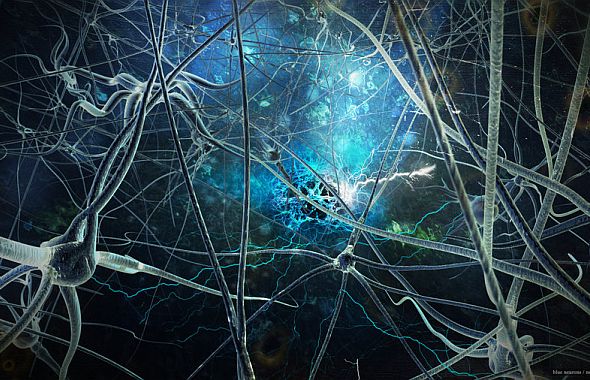Seeing Consciousness

The Promise and Perils of Brain Imaging in Disorders of Consciousness
Event Description
Modern neuroimaging technology such as functional MRI can now sometimes detect conscious awareness in patients who otherwise appear unconscious. Such a finding may or may not have major implications for how we treat patients with disordered consciousness (e.g. coma, the vegetative state, the minimally conscious state).
How reliable are these technologies? What are the implications of detecting consciousness in someone who looks and acts unconscious? Can and should this information be used to treat patients and manage expectations of caregivers? If so, how?
The use of technology to detect consciousness raises a host of questions not only pertinent to medicine and science, but also to law, philosophy, ethics and beyond – questions at the heart of what it means to be conscious, and to recognize consciousness in others.
Panel:
Follow the conversation on Twitter @HMSbioethics and chime in using #neuroethx.
Neuroethics Seminar Series
This event is part of a series hosted by the Center for Biothics at Harvard Medical School. For more information, visit the website.